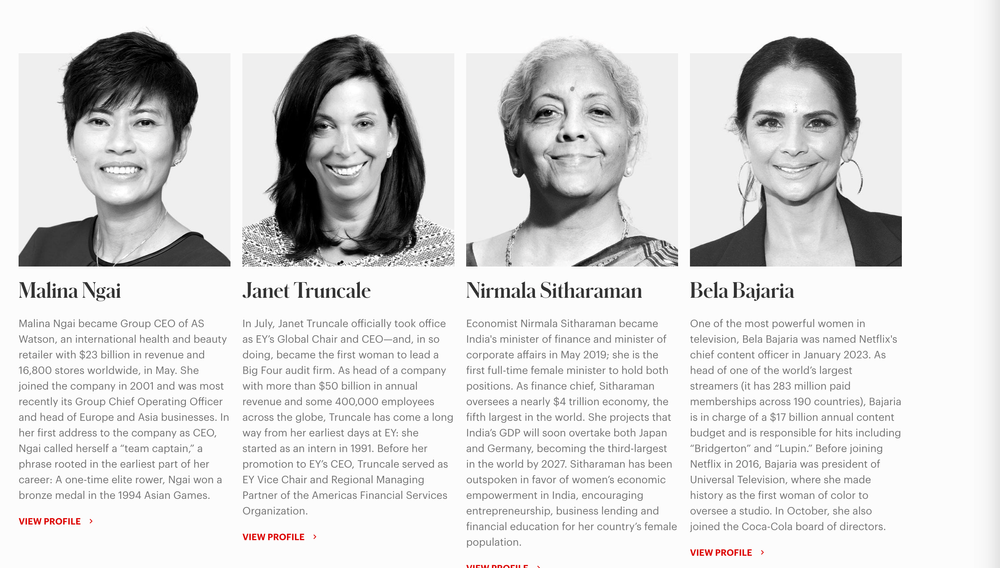June 17 2022

“Things like this have traditionally been considered outside the purview of conservation: We are, after all, about conserving nature, not transforming society. But conservation is ultimately dependent on people for success. I feel very proud to work for an organization that supports me in thinking about conservation in this way and enabling me to pilot more holistic approaches to our work..”
Robyn James, TNC’s director of gender and equity in the Asia-Pacific Region
The gist:
Robyn James, TNC’s director of gender and equity in the Asia-Pacific Region, examines how institutional and cultural barriers still prevent many from participating in and leading conservation efforts. Removing those barriers is not only the ethical thing to do—it will make conservation work more effective than ever before.
How?
“When we include women in the conversation, we enrich our understanding of resources. I often see examples of this in the coastal communities where I work, such as Papua New Guinea, where only men own boats, so they can access the outer reefs to fish. On the other hand, women often do not have access to boats and are not often taught to swim. They also handle most caring responsibilities for young children, so they need to be close to shore. As a result, the areas that are most important to them are very different from men’s and include mangrove areas along the shore.
My TNC team in this area engaged in extensive research and conversations with women and their communities, to gain a clearer understanding of the importance of the coastal mangrove forests and the main drivers of forest loss. We then supported the women in Papua New Guinea to design a new program that would be owned and led by them. The result was the creation of Mangoro Market Meri (Mangrove Market Women), a program for women and their communities to manage their mangroves sustainably. The work improves income for the women and their families by increasing the quality and sustainability of food that they harvest from tidal areas..”
“Things like this have traditionally been considered outside the purview of conservation: We are, after all, about conserving nature, not transforming society. But conservation is ultimately dependent on people for success. I feel very proud to work for an organization that supports me in thinking about conservation in this way and enabling me to pilot more holistic approaches to our work.”
—Robyn James, TNC’s director of gender and equity in the Asia-Pacific Region
Stats::
“Some of the most successful marine sanctuaries in the Philippines are managed by women. India and Nepal have guidelines to ensure women membership in committees that administer local forests. India dictates that women comprise at least 33% of the executive body, whereas Nepal mandates 50%. When these guidelines are followed, local natural resource governance is improved.”
Connect with the entire article here.







